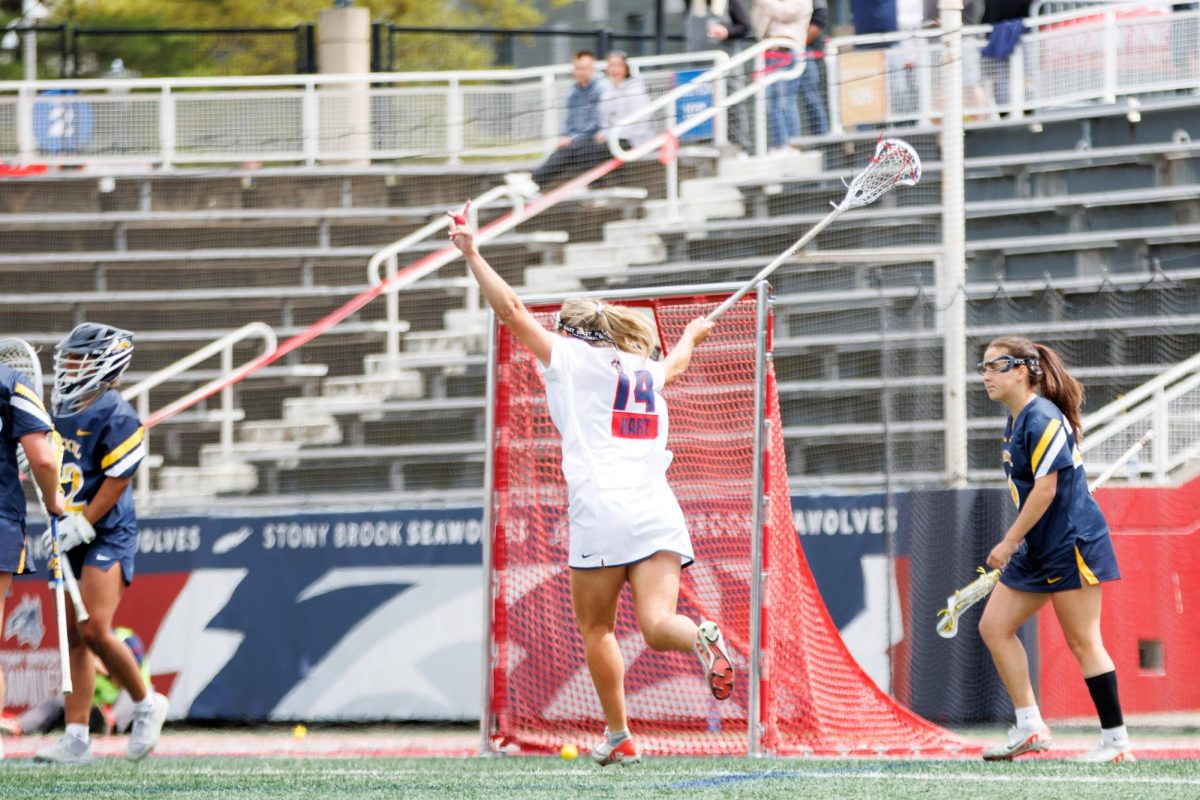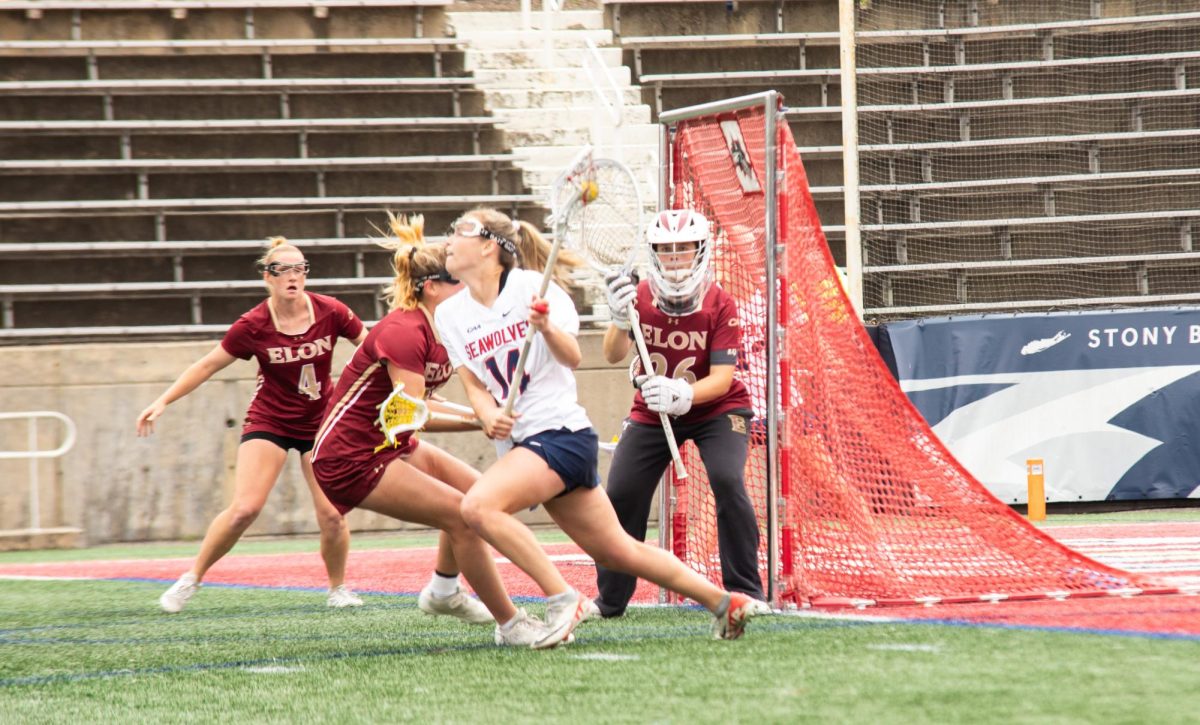For many students, making their schedules is always a nightmare. For The Honors College students, this nightmare may have just gotten worse.
Since 2001, the prerequisites for The Honors College classes were dropped. Students began taking the required three-hour courses in whatever order best fit their schedules. Little did they know, this privilege would soon be revoked.
Oliver Street—the new director of The Honors College—is the man responsible.
The recent change in the enforcement of several policies has led many students to find Street’s actions controversial.
Street, however, insists there is logical reasoning behind all recent actions.
“Before it was recommended you take them (required Honors College courses) in order because they’re supposed to go higher as they go up,” said Maya Calabrese, junior in The Honors College. “But they are three hour blocks so students have been taking them when they can fit them… because there is usually only one section per semester.”
As for students being required to take the courses in order, Street insists that the benefits of the requirement far outweigh the inconvenience. For one, students who take the courses in sequence often form a cohort with each other. Having the same familiar faces each step of the way allows students to network, discuss projects and share their experiences.
“If you always have this different group of students people can’t talk across years about it,” said Street, “so all sophomores are having a common shared experience. They can talk about it in the residence halls and we can do programming with them, so that they have this kind of shared experience.”
Several students have also been disappointed with the newly enforced requirement of students to work on their capstone projects with tenure or tenure-tracked professors only.
While some students are dissatisfied with this requirement, Street insists that students are still welcomed to work with non-tenure professors for other projects. It is only for their final projects that they are required to work with tenure or tenure-tracked faculty.
“The primary reason is the role of tenure and tenure-tracked faculty at the university,” said Street. “When they are hired their expectation is to mentor students, to help them work on thesis, to help advise them. That’s an expectation of their job. When adjunct faculty members are hired, that is not the expectation.”
While students may be disappointed by old policies being enforced, there are always two sides of an issue to discuss.
In fact, it turns out that Stony Brook University is one of the last of SUNY schools to fulfill the expectations of the National Collegiate Honors Council—the group that sets the standards for SUNY Honors College—in regard to creating a cohesive, orderly sequence for students to take courses in.
“We were pretty much the exception as far as how this was done,” said Street. “Just letting students take courses whenever they want to take it.”










